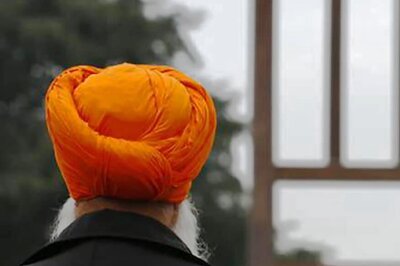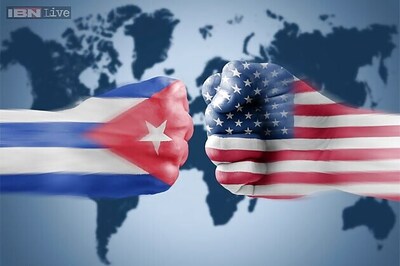
views
THE HAGUE: The United Arab Emirates argued on Monday that the World Court lacks jurisdiction to hear a case filed against it by neighbouring Qatar accusing Abu Dhabi of violating a U.N. anti-discrimination treaty.
The row dates from 2017 when the UAE, Saudi Arabia, Bahrain and Egypt imposed a boycott on Qatar, severing diplomatic and transport ties and accusing it of supporting terrorism. The countries closed their airspace to Qatari aircraft.
Doha denies allegations of supporting terrorism.
Hearings this week at the World Court in The Hague will not take an in-depth look at the merits of the Qatari case, but deal only with jurisdiction.
Qatar will have a chance to reply to the UAE standpoint on Wednesday. A ruling on jurisdiction is expected later this year.
According to Qatar, which filed the case with the International Court of Justice in 2018, the UAE has as part of the boycott expelled thousands of Qataris and closed down the offices of the Doha-based Al-Jazeera news channel.
The ICJ, the highest United Nations court for inter-state disputes, handed Qatar a small victory in a related case about the ongoing dispute about the blockade when it ruled in July that the U.N. aviation body had jurisdiction over the closing of air space to Qatar.
Addressing the boycott, UAE lawyer Abdalla Hamdan Alnaqbi told the court on Monday that the measures against Qatar “have nothing to do with racial discrimination”.
He said Qatar was trying to apply the United Nations’ 1969 International Convention on the Elimination of All Forms of Racial Discrimination “beyond its proper scope”.
Cases before the ICJ generally takes years to come to a definitive ruling. World Court verdicts are final, but the court has no means to enforce its decisions.
Disclaimer: This post has been auto-published from an agency feed without any modifications to the text and has not been reviewed by an editor

















Comments
0 comment